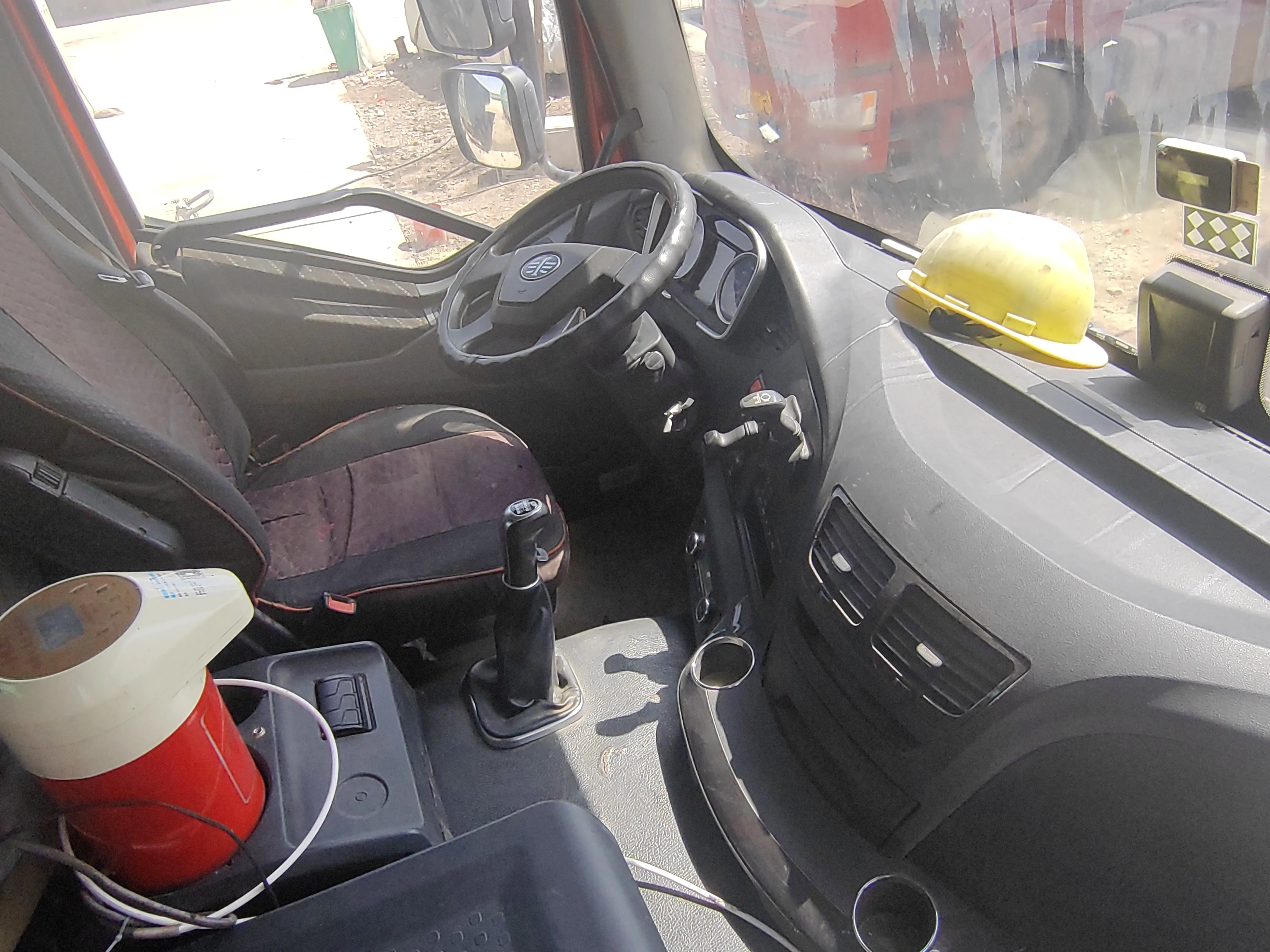wheelloaders
Understanding Wheel Loaders A Comprehensive Overview
Wheel loaders are versatile and powerful machines commonly used in various industries, including construction, mining, and agriculture. These heavy-duty vehicles are designed for the efficient movement of materials, making them essential in many operational contexts. In this article, we will explore the key features, applications, benefits, and maintenance of wheel loaders, providing a thorough understanding for those interested in this vital equipment.
Key Features of Wheel Loaders
Wheel loaders are characterized by their front-mounted bucket, which can be raised, lowered, and tilted. This design allows them to scoop, lift, and transport materials such as soil, gravel, sand, and debris. Wheel loaders come in various sizes, ranging from compact models designed for urban environments to larger, more powerful machines used in heavy-duty settings.
One of the most significant features of wheel loaders is their articulation. Many models are equipped with a centralized pivot point, allowing the front and rear axles to articulate independently. This feature enhances maneuverability, particularly in tight spaces, and improves stability on uneven terrain. Additionally, advanced hydraulic systems enable precise control over the bucket's movement, contributing to the loader's overall efficiency.
Applications of Wheel Loaders
Wheel loaders are used in a multitude of industries, primarily due to their versatility. In the construction sector, they are indispensable for loading and transporting materials to and from job sites. Whether it's moving aggregate for road construction, transporting waste materials, or assisting in site preparation, their capabilities streamline various construction processes.
In mining operations, wheel loaders play a crucial role in loading materials into trucks and transporting ore and mineral resources. Their ability to handle heavy loads quickly and efficiently contributes to increased productivity in the extraction process.
Agriculture also benefits from wheel loaders, which are used for tasks such as loading feed, moving bales of hay, and assisting in farm maintenance. Their adaptability makes them suitable for a range of farming applications, from small operations to large agricultural enterprises.
wheelloaders

Benefits of Using Wheel Loaders
The advantages of using wheel loaders are numerous. One significant benefit is their efficiency in completing tasks. Compared to manual labor, wheel loaders can move large amounts of material in a fraction of the time, leading to labor cost savings and increased productivity.
Furthermore, wheel loaders are remarkably versatile. With the ability to attach various implements, such as forks, grapples, and snow plows, these machines can perform a wide range of functions beyond just loading. This adaptability means that a single wheel loader can often replace multiple pieces of equipment, further optimizing operational costs.
In addition to this, modern wheel loaders are designed with operator comfort and safety in mind. Many models feature ergonomic cabs, advanced climate control systems, and state-of-the-art visibility, reducing operator fatigue and enhancing safety during operation.
Maintenance of Wheel Loaders
To ensure optimal performance and longevity of wheel loaders, regular maintenance is essential. Operators should adhere to a routine maintenance schedule that includes checking fluid levels, inspecting tires and tracks, and cleaning filters. Keeping the hydraulic system in good condition is particularly important, as it directly affects the loader's lifting and loading capabilities.
Additionally, operators should be trained to recognize signs of wear or malfunction, such as unusual noises, fluid leaks, or slow response times. Addressing these issues promptly can prevent more extensive damage and costly repairs in the future.
Conclusion
In conclusion, wheel loaders are an essential piece of equipment in various industries, offering remarkable versatility, efficiency, and productivity. Their robust design, coupled with advanced technology, allows them to handle a wide range of tasks, making them indispensable in construction, mining, and agriculture. By understanding their features, applications, benefits, and maintenance needs, operators and decision-makers can maximize the utility of wheel loaders and contribute to the success of their operations. As industries continue to evolve, wheel loaders will remain a cornerstone of material handling and movement, adapting to meet the demands of the future.
-
SINOTRUK HOWO 84 Electric Dump Truck for Eco-Friendly Heavy HaulingNewsJul.26,2025
-
The Fast 16-Gear Manual Transmission Assembly for Heavy TrucksNewsJul.25,2025
-
Mercedes Benz Actros 1848 42 Tractor Truck for Sale - Reliable PerformanceNewsJul.24,2025
-
High-Quality Water Pump Assembly for Sinotruk Trucks – Durable & ReliableNewsJul.23,2025
-
Premium Truck Engine Antifreeze Coolant Fluid for Heavy Duty VehiclesNewsJul.22,2025
-
FOTON View G7 Mini Bus: Affordable & Spacious TransportNewsJul.22,2025
Popular products

























